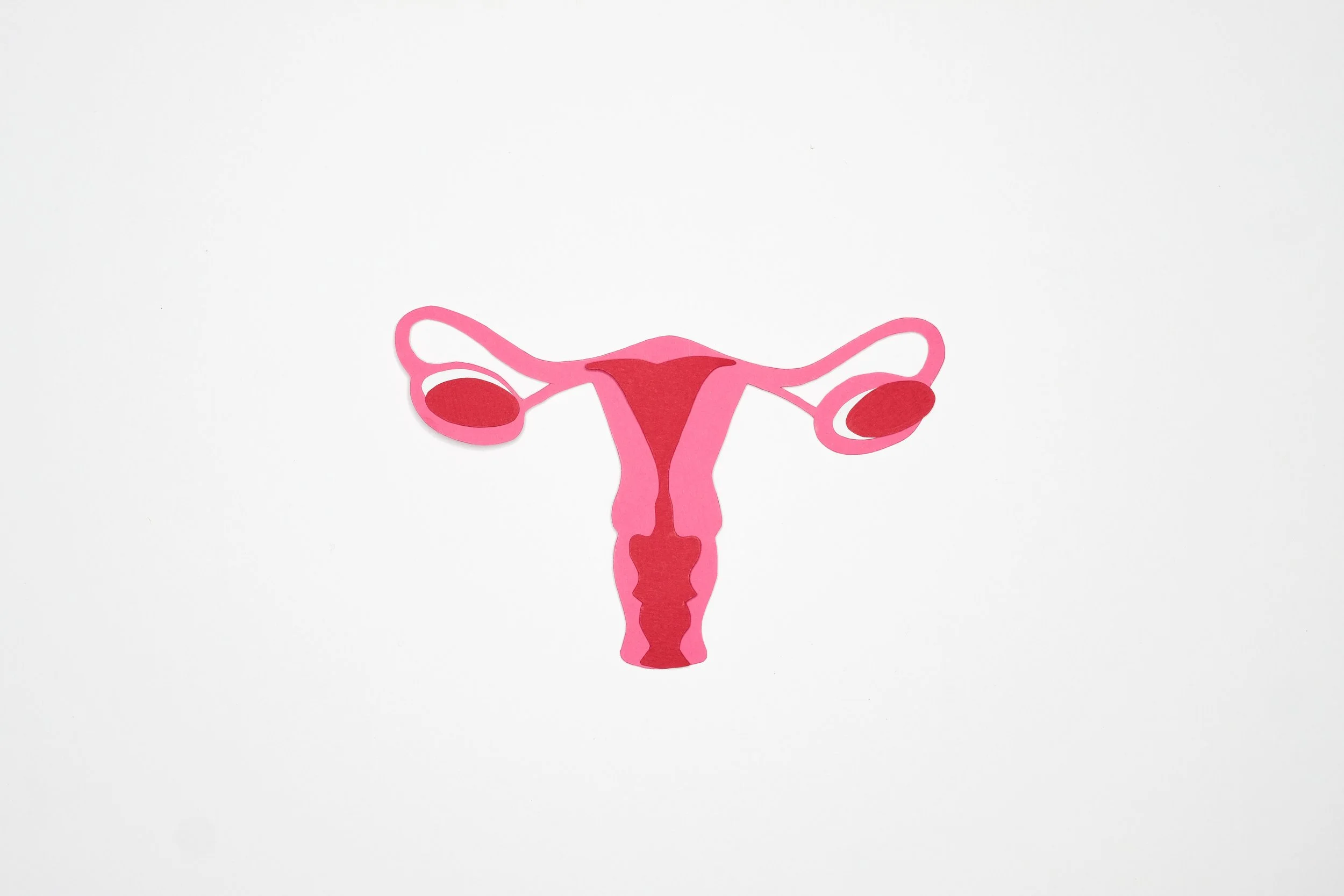Polycystic Ovarian Syndrome (PCOS)
Polycystic ovary syndrome (PCOS) is when many tiny cysts full of fluid develop along the outer edge of a woman’s ovaries. These cysts contain immature eggs which are follicles that fail to regularly release eggs.
1 out of 10 women experience PCOS. Symptoms of PCOS vary. They can start around the time of the first menstrual period or present once a woman has had periods for a while. It is often goes undiagnosed until a woman seeks treatment for infertility.
A diagnosis of PCOS is made when you have at least two of these:
Irregular periods. Having few menstrual periods or having periods that aren't regular are common signs of PCOS. So is having periods that last for many days or longer than is typical for a period. For example, you might have fewer than nine periods a year. And those periods may occur more than 35 days apart. You may have trouble getting pregnant.
Too much androgen. High levels of the hormone androgen may result in excess facial and body hair. This is called hirsutism. Sometimes, severe acne, male-pattern baldness, dark skin on the back of the neck, and infertility can happen, too.
Polycystic ovaries. Your ovaries might be bigger. Many follicles containing immature eggs may develop around the edge of the ovary. The ovaries might not work the way they should.
Causes
The exact cause of PCOS isn't known. Factors that might play a role include:
Insulin resistance. Insulin is a hormone that the pancreas makes. It allows cells to use sugar, your body's primary energy supply. If cells become resistant to the action of insulin, then blood sugar levels can go up. This can cause your body to make more insulin to try to bring down the blood sugar level.
Too much insulin might cause your body to make too much of the male hormone androgen. You could have trouble with ovulation, the process where eggs are released from the ovary.
One sign of insulin resistance is dark, velvety patches of skin on the lower part of the neck, armpits, groin or under the breasts. A bigger appetite and weight gain may be other signs.
Low-grade inflammation. White blood cells make substances in response to infection or injury. This response is called low-grade inflammation. Research shows that people with PCOS have a type of long-term, low-grade inflammation that leads polycystic ovaries to produce androgens. This can lead to heart and blood vessel problems.
Heredity. Research suggests that certain genes might be linked to PCOS. Having a family history of PCOS may play a role in developing the condition.
Excess androgen. With PCOS, the ovaries may produce high levels of androgen. Having too much androgen interferes with ovulation. This means that eggs don't develop on a regular basis and aren't released from the follicles where they develop. Excess androgen also can result in hirsutism and acne.
It is important to treat PCOS early since it is associated with the following complications:
Infertility
Gestational diabetes or pregnancy-induced high blood pressure
Miscarriage or premature birth
Nonalcoholic steatohepatitis — a severe liver inflammation caused by fat buildup in the liver
Metabolic syndrome — a cluster of conditions including high blood pressure, high blood sugar, and unhealthy cholesterol or triglyceride levels that significantly increase your risk of heart and blood vessel (cardiovascular) disease
Type 2 diabetes or prediabetes
Sleep apnea
Depression, anxiety and eating disorders
Cancer of the uterine lining (endometrial cancer)
Obesity commonly occurs with PCOS and can worsen complications of the disorder.
GUARANTEED RESULTS
If you suspect you have PCOS or are suffering from fertility issues, reach out to Dr. Payal Bhandari M.D., the nation’s leading expert in integrative and functional medicine for men and women. She combines the best in Eastern and Western Medicine to understand the root causes of diseases and provides personalized treatment plans that drive quick and effective results.

